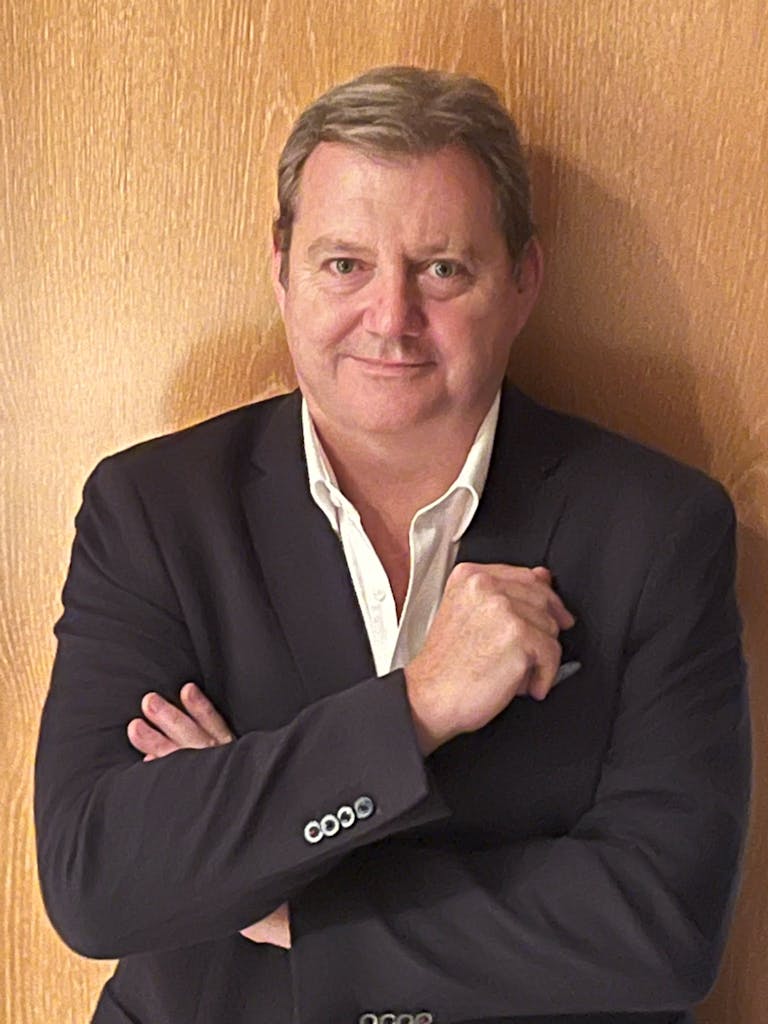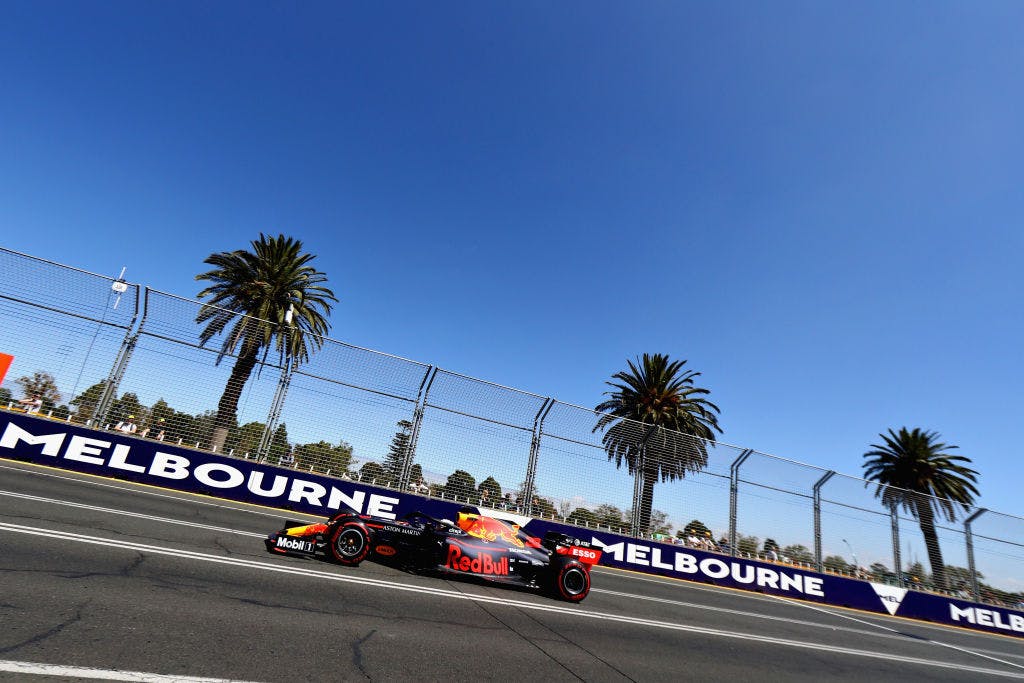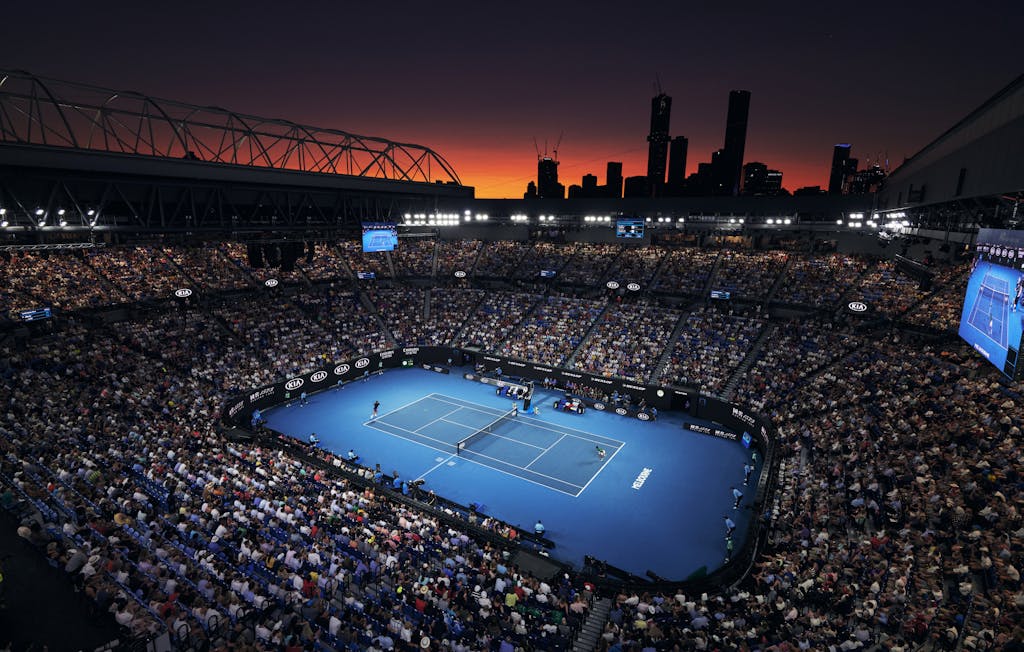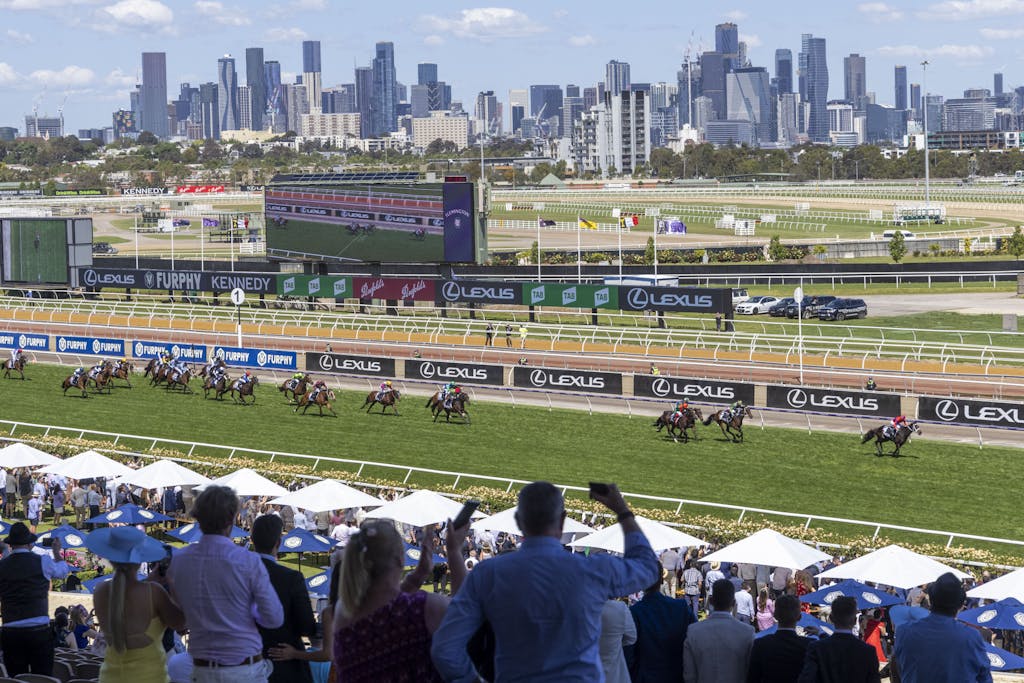- New sports industry conference in Melbourne attracts stellar line-up
- Content aims to give C-suite attendees a firm grasp of critical issues
- Event builds on Melbourne’s credentials as world-class sports host
Melbourne’s pedigree as a major sports event host is unquestioned. It is the only city in the world to stage both a tennis Grand Slam and a Formula 1 Grand Prix, the jewels of a packed annual calendar.
Next week, it plays host to the first edition of a sports industry conference that is aiming to make the city a fixture in the global B2B sports calendar. SportNXT, taking place at the Centrepiece convention centre from April 6 to 8, has assembled one of the strongest ever speaker line-ups for a sports industry event in Australia.
NBA commissioner Adam Silver, US women’s soccer team captain Megan Rapinoe, World Athletics president Lord Sebastian Coe, and Formula 1 president Stefano Domenicali are the among the leading names. A who’s-who of the very upper echelons of the Australian industry will also appear on stage over the two days of conference content, including the topmost executives of: the Australian Football League, Cricket Australia, the National Rugby League, Tennis Australia, Rugby Australia, Football Australia, Foxtel, Telstra, and the Australian Grand Prix Corporation, to name just a few.

SportBusiness is the Official International Media Partner for the event. Experienced sports industry executive Bart Campbell, one of the main movers behind the new conference, told us that the ambition is to create a “Davos for sport”, that reaches well beyond Australia’s own domestic sports industry:
“By that I mean a summit where people get together, look forward, talk about global best practice, identify the issues that the industry is facing [that] you have to be on the right side of to be successful.”
The conference is aimed squarely at industry leaders, with the speaker and attendee list heavily focused on c-suite-level executives.
Campbell is a current director at World Rugby, Rugby World Cup Limited and New Zealand Rugby, and also runs his own sports marketing agency, Left Field Live. He was previously a senior executive at global sports marketing agencies including CSM and TLA Worldwide.
Due to only recently-lifted Australian border controls, the event will be a “Southern Pacific”-focused one this year, Campbell says. But the aim is for the inaugural edition to be a springboard for a further-reaching conference in “a more normalised environment from 2023”.
The big issues
One of the central aims for the conference programmers is to be as forward-looking as possible, Campbell says.
“We’re trying to say, ‘Where are we today? And where are we going to be in five years? And what do I have to do, as someone who’s the CEO of a sports league, to run my business to be adaptable and successful in that five-year period?’”
There is a focus on sport’s role in bigger issues for society, with conference sessions on ‘Accelerating women’s sport’, ‘sport and diplomacy’, climate change, and ‘sport and indigenous peoples’.
“What are some of the societal issues that we need to address as an industry?” Campbell asks. “And how do we do the right thing? Because ultimately, if we don’t, our fans will call us out, and we will be on the wrong side of history.”
The women’s sport focus is supported by a relationship between SportNXT and New Zealand-based organisation Women in Sport Aotearoa (Wispa). Wispa is bringing the international IWG Women and Sport World Conference to New Zealand later this year, and SportNXT is committed to promoting that event to its own attendees.

Linking Australia to the world
Another big goal for SportNXT is to be a meeting place between the cream of Australia’s sports industry and the best from other parts of the world.
Campbell disagrees with the suggestion that the Australian industry is an inward-looking one, pointing to regular exchanges such as those between the AFL and major sports leagues in the US. “Everyone is keen to learn from the best,” he says. But the southern market does “suffer from the tyranny of distance”, he adds. This has been exacerbated by the travel restrictions of the last two years.
When the international and Australian crowds do mix, Campbell expects learning to flow both ways.
“There are things that Australia does particularly well, in the equine industry; around the regulation of gaming; in sports betting, which obviously has become a very hot topic in the US of late; and then throw in a nascent tech industry, which is really starting to crank up…There’s good stuff here that we can show the world.”
He also picks out stadium building and major event delivery as areas where Australia, and the state of Victoria, can claim world-leading expertise.

A state of sport
Showcasing sports industry capacity in Victoria and Melbourne is another goal for SportNXT. The Victorian sports industry is one of the biggest employers in the state and is estimated to be worth A$9bn ($6.75bn/€6bn) per year. The state is home to 17 professional sports teams, 77 state sports associations and 32 national sport organisations, and has more than 44 state-owned sports facilities.
SportNXT will take place in the central precinct in the city that contains: the 100,000-seater Melbourne Cricket Ground; Australian Open venue Melbourne Park, including the Rod Laver Arena; and the 30,000-seater soccer, rugby and concerts venue AAMI Park.
The centrality of this area – an eight minute walk from the city centre – indicates sport’s role as “the glue of society” in Melbourne, Campbell says.
Victoria’s annual major sports event calendar starts with the Grand Slam in January, and features the Grand Prix in March, the AFL Grand Final in September, the spring horse racing festival in October and November, and finishes with the Boxing Day cricket Test in December. The state says 6.55 million spectators per year attend its major sports events and that 4.6 million citizens participate in sports and recreational activities each week.
SportNXT takes place the same week as this year’s F1 Grand Prix – the return of the motor racing series to Australia after a two-year hiatus forced by the pandemic.
Campbell says the Victorian government sees major sports events as “a big part of the economic recovery” after the pandemic. Happily for the government and the regional sports industry, demand for live sport is surging back.
For the F1 weekend, Campbell says, “there is not a ticket available…every piece of hospitality inventory, every paddock club ticket, is gone. After two years of the event not being here, the pent-up demand to feel normal again, to experience the event, and probably wrapped around the Drive to Survive series on Netflix, has really got people pumped up.”

Future focus
For three days before the F1 engines roar, SportNXT will capture Australian sports industry attention. The organisers have high hopes it can make a big impact on attendees, and in particular play a role in charting the years ahead for the delegates.
“I’m really proud of the content…We’ll deliver views that I think will help people driving businesses to set the right course, and to make them pause and think,” Campbell says.
“I really like the fact that we’re trying to look five, 10 years down the road…There are going to be some things here that people are going to go, ‘Crikey, I really need to sit up and look further down that road’.”
SportBusiness is the Official International Media Partner for SportNXT, which takes place April 6 to 8 in Melbourne. Further details about the event, including tickets and registration, are available at the official website.